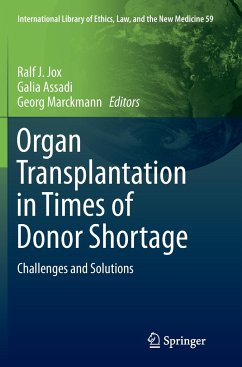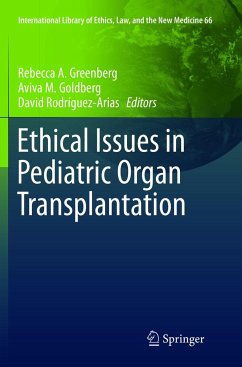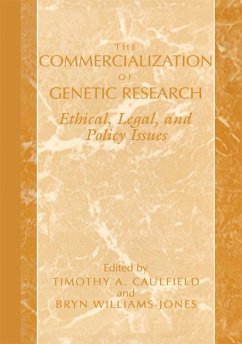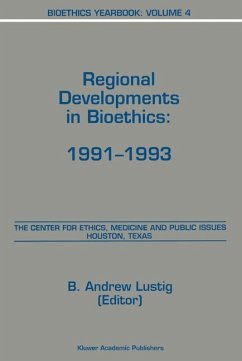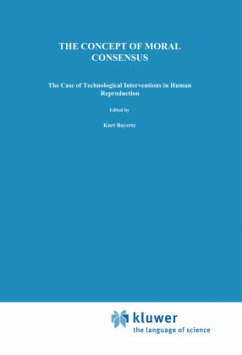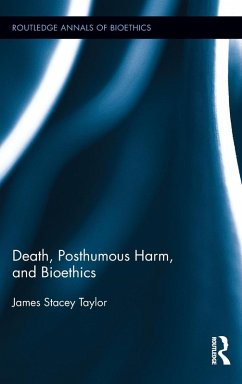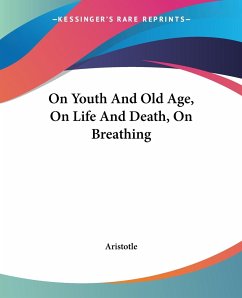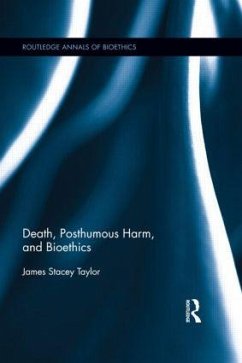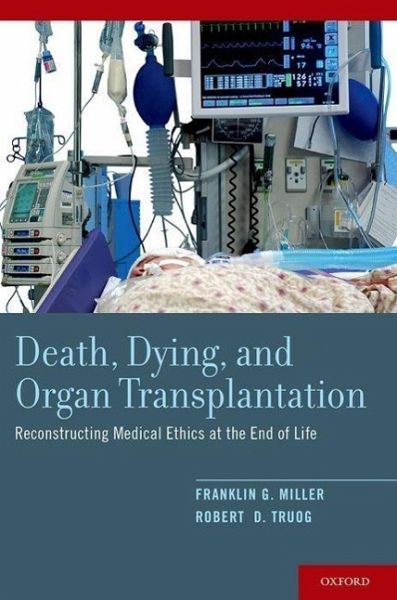
Death, Dying, and Organ Transplantation
Reconstructing Medical Ethics at the End of Life
Versandkostenfrei!
Versandfertig in 1-2 Wochen
54,99 €
inkl. MwSt.

PAYBACK Punkte
27 °P sammeln!
In Death, Dying, and Organ Transplantation: Reconstructing Medical Ethics at the End of Life, Miller and Truog challenge fundamental doctrines of established medical ethics. They argue that the routine practice of stopping life support technology in hospitals causes the death of patients and that donors of vital organs (hearts, lungs, liver, and both kidneys) are not really dead at the time that their organs are removed for life-saving transplantation. These practices are ethically legitimate but are not compatible with traditional rules of medical ethics that doctors must not intentionally ca...
In Death, Dying, and Organ Transplantation: Reconstructing Medical Ethics at the End of Life, Miller and Truog challenge fundamental doctrines of established medical ethics. They argue that the routine practice of stopping life support technology in hospitals causes the death of patients and that donors of vital organs (hearts, lungs, liver, and both kidneys) are not really dead at the time that their organs are removed for life-saving transplantation. These practices are ethically legitimate but are not compatible with traditional rules of medical ethics that doctors must not intentionally cause the death of their patients and that vital organs can be obtained for transplantation only from dead donors.



